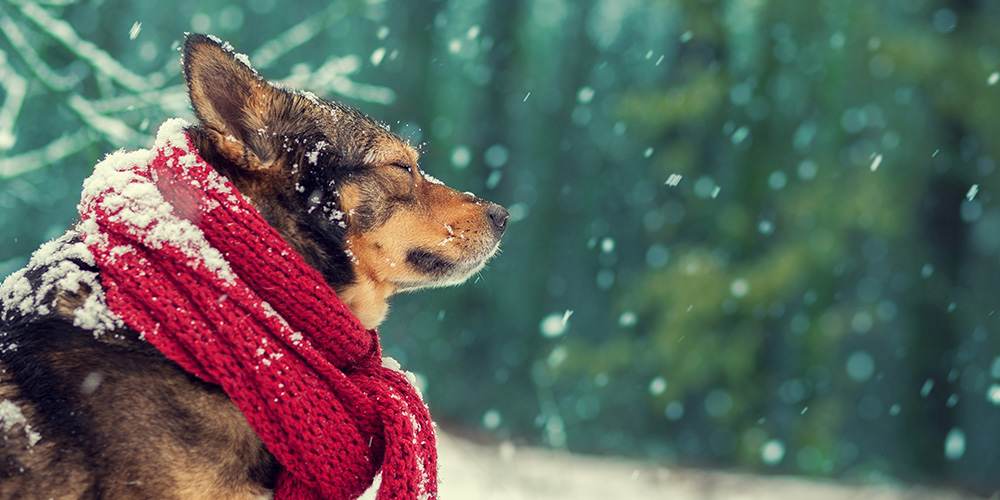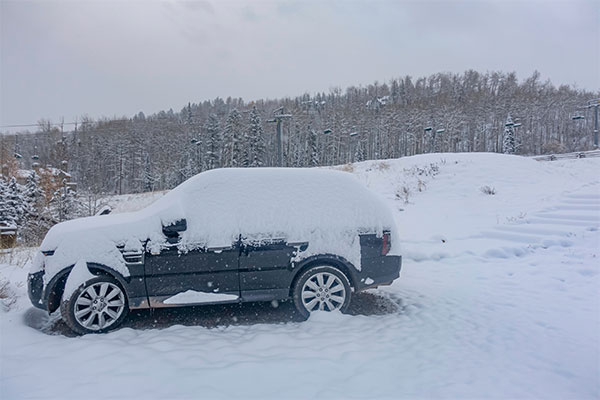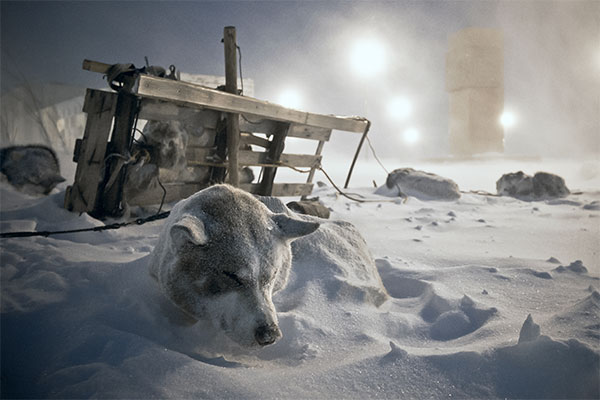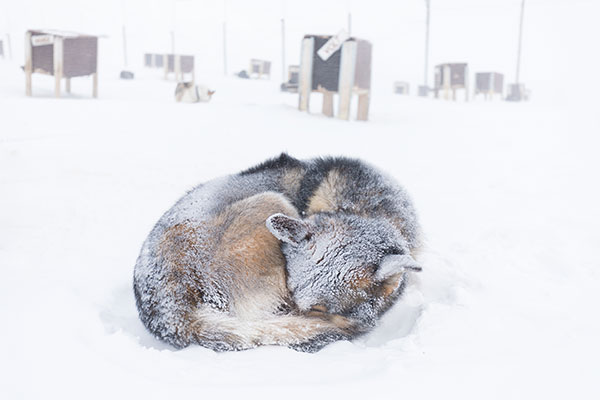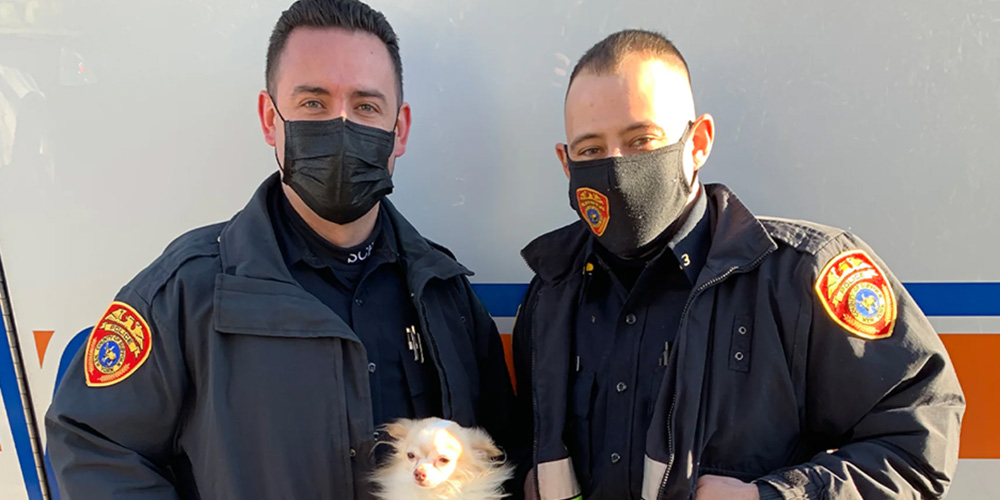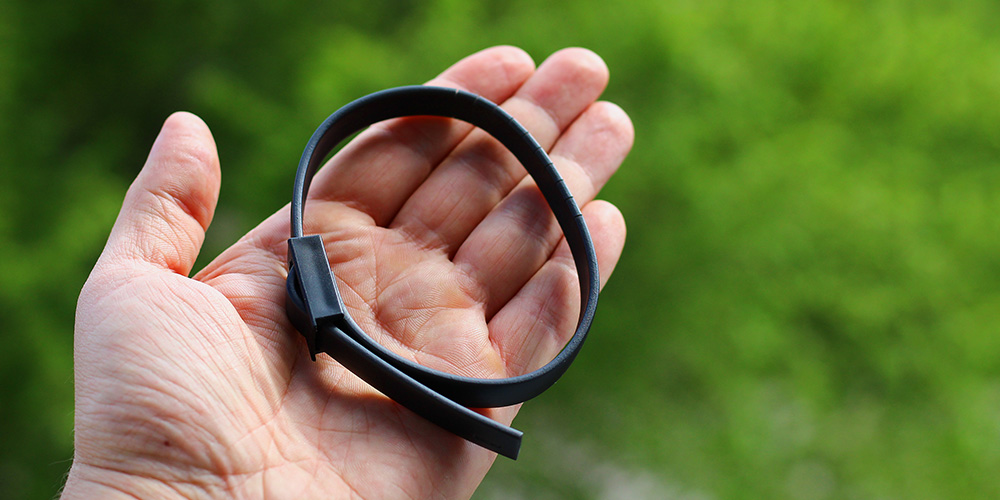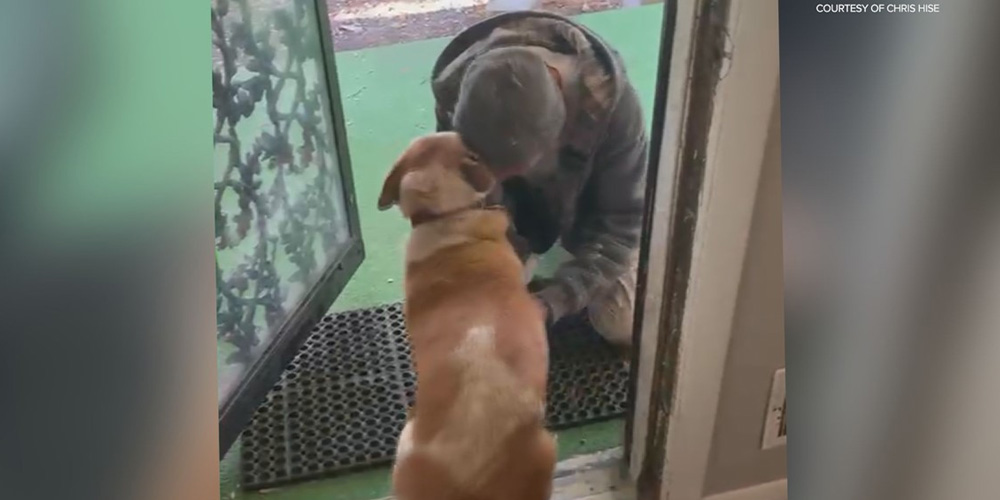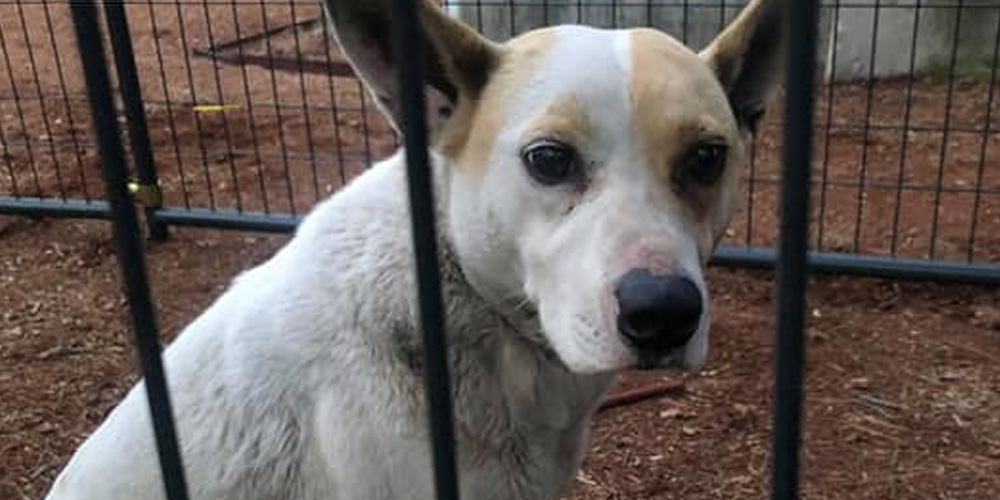As news reports highlight the forecast for a spell of bad weather in the Denver, Colorado area, animal protection organizations are urging pet owners to make plans to protect their pets. It’s not unusual for snow and ice to hit the area in the winter months. Poor weather presents a hazard to humans and pets and it makes sense to be well prepared.
To help pet owners prepare, the Denver Animal protection department has provided KDVR news with some hints and tips on how they can keep their pets out of harm’s way as the weather deteriorates. This is not just a moral responsibility. The news article makes it clear that you have a legal duty to take steps to keep your pets safe. If you don’t, you can face up to a $999 fine and/or a year in jail under the Cruelty to Animals or Animal Neglect laws.
The most basic message is that animals should not be left outside. If they have to be outside for an extended period, you must provide a suitable shelter for them. This could be an outhouse (such as a porch) or a specially designed animal shelter such as a dog house or kennel. This should be as insulated as possible. However, the advice from the Humane Society of the United States is clear that the best place for your dog is inside the house with you!
In the unlikely event that this is not possible, they recommend that an outside shelter is free from draughts – you may need to protect the doorway with burlap or a heavy plastic sheet to keep out the snow, rain and wind. It needs to be big enough for your dog to comfortably move around whilst being snug enough to help retain their body heat. Try to raise the floor a few inches to keep it warm and dry and cover the ground with cedar shavings or straw.
Best Advice on Protecting Pets in Poor Weather
The Humane Society of the United States goes on to give plenty of useful advice to pet owners.
- Food and water: Pets need more food during the winter as they use up a lot of energy maintaining their body temperature especially if they live outdoors. Give them some extra portions. Keep checking that their water bowl has not frozen over and use plastic bowls because a dog’s tongue can get frozen to metal when temperatures are very low.
- Exercise protection: Dogs will still enjoy exercise in the snow but short-haired dogs in particular will need some additional protection. A dog coat or a dog sweater is a great idea – watch out for frost damage to their noses, ears and paw pads.
- Wiping down after being outside: When cats or dogs come in from being outside, they can have potentially dangerous substances such as snow remover and anti-freeze on their coats and paws. Wipe this off quickly with a damp towel before it irritates the skin or your pet licks it off and ingests it. Dogs can get salt poisoning by licking rock salt from their paws.
- Chemical hazards: There can be pools of dangerous chemicals outside so be aware of this and clear them up promptly. Don’t let your pet lick anti-freeze – it can have a sweet taste that attracts animals but is very dangerous for them. If possible, use antifreeze that is made with propylene glycol as this is less toxic.
- Snow confusion: Don’t let your pets wander around in the snow. They can become very overwhelmed and confused by the change in the environment. This may stop them from being able to find their way home as they would usually do.
- Cats and cars: Cats have a habit of seeking out a warm place to sleep. The problem is that this can be near the engine of a car. Before you set off on a journey, check under your hood just in case a cat has sneaked in for shelter!
If you have any concerns about your pet’s health during the bad weather, call your vet immediately. Make sure that you stock up on food and medication (if needed) for your pet in case you get snowed in!

